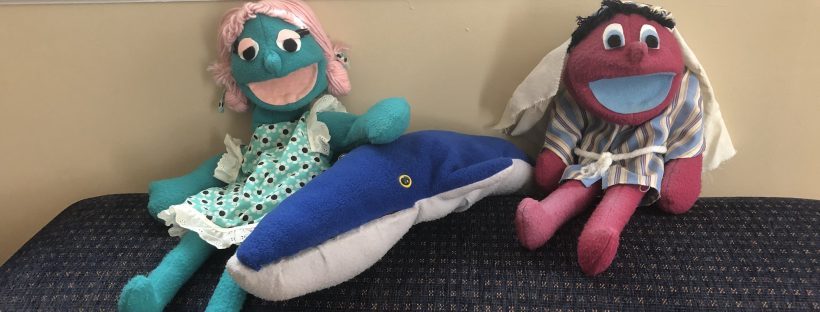Post 2 of 11 in a series on the 10 Principles of Older Adult Ministry (banner image by Raul Petrie from Unsplash)
I have two friends, who are post-retirement and might be classified as active older adults. They approach their faith and life in vastly different ways. We’ll call them Jean and Karla for the sake of this article. Both are musical. Both attend the same church and are active members. Jean is Caucasian and Karla is African American.

Jean finds her connection to God through her work with immigrants. She is actively involved in advocacy work and service to this population, often housing immigrants released from detention in her home and escorting them to the airport to connect with family members in other parts of the country.
Karla finds her connection to God through gardening and baking for others. She is known for her pound cakes and is always delivering them to folks celebrating birthdays or other life marker events. She is a people person and dispenser of hugs and this time of physical isolation has been difficult for her.
In the past, developmental psychology would have placed these two women in the same category, because of their chronological age, but one can see from these brief descriptions that they live very different lives and consequently likely have very different beliefs about God’s work in the world and their vocation as disciples. They may share markers such as retirement, deaths of loved ones, and health challenges, but because of their life experience and faith journey, they are likely to have differing views on God, the church, prayer, and other issues of faith.
Dan Buettner, National Geographic Writer and Explorer, gave a TED talk in 2009, provocatively titled “How to live to be 100+.” In this talk he looks at Blue Zones in the world where people’s longevity is much greater than the average. One of these areas was on the northern portion of the main island of Okinawa. Here the older adults don’t have a word for retirement, but do for life’s purpose. It is “ikigai” roughly translated as, “what gets you up in the morning.” For Jean and Karla, it is clear what their “ikigai” would be based on the descriptions I have given. As you think about the older adults in your congregation, do they have a reason for getting up in the morning? Is it tied to their faith? How would this vocation link to their views on who God is and what the church should be? How might you differentiate the ways you approach older adults to more personalize the ways that you guide or walk alongside individuals on their pilgrimages of faith?
Last week, Joyce MacKichan Walker shared some resources from Lifelong Faith and elsewhere to address the growing population of older adults in our congregations. I’m adding to our resource lists with some denominational resources and curated collections and a Pew Research Study that gives a broad view of what older adults think of religion and specific questions of faith. Hopefully these offerings will build your library of resources, as we continue to think deeply about these principles of older adult ministry.
Resources for Older Adult Ministry
Some General Articles and Studies
Pew Research Study 2014 on Religious Landscape
Geller, Heather. “Seniors and Spirituality: Health Benefits of Faith” Elder Care Alliance (accessed 6/2021)
Great Senior Living publisher. “Spirituality and Aging: A Guide for Seniors on Faith, Meaning, and Connection” (accessed 6/21)
Denominational Resources
Christian Reformed Church– Various guides and tool kits for ministry with older adults and those who may be caring for them
Presbyterian Church in Canada– Various resources from this denomination including recent resources related to COVID 19 and older adults
Presbyterian Older Adult Ministry Network (POAMN)– Currently has recordings of recent webinars celebrating aging in different cultures
The Episcopal Church– Resources on Older Adult Ministry including on the topic of elder abuse
United Methodist Church– A blog post on creating a pen pal ministry between generations and the benefits for older adults
I’m sure there are many others. If I’ve missed particular denominational resources that you are familiar with, please feel free to pass these on to the learning community by commenting on this post or posting a resource within the Hope4CE Facebook group.












